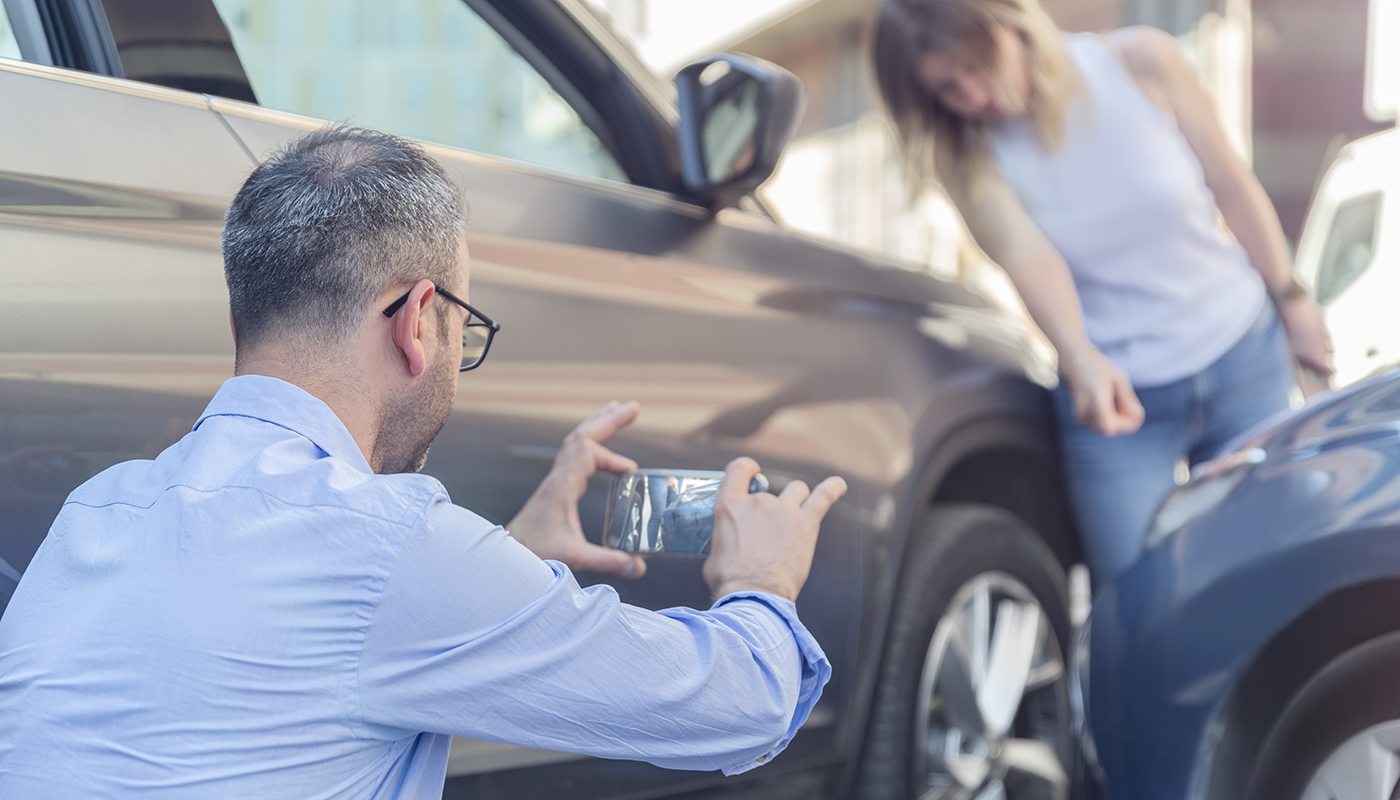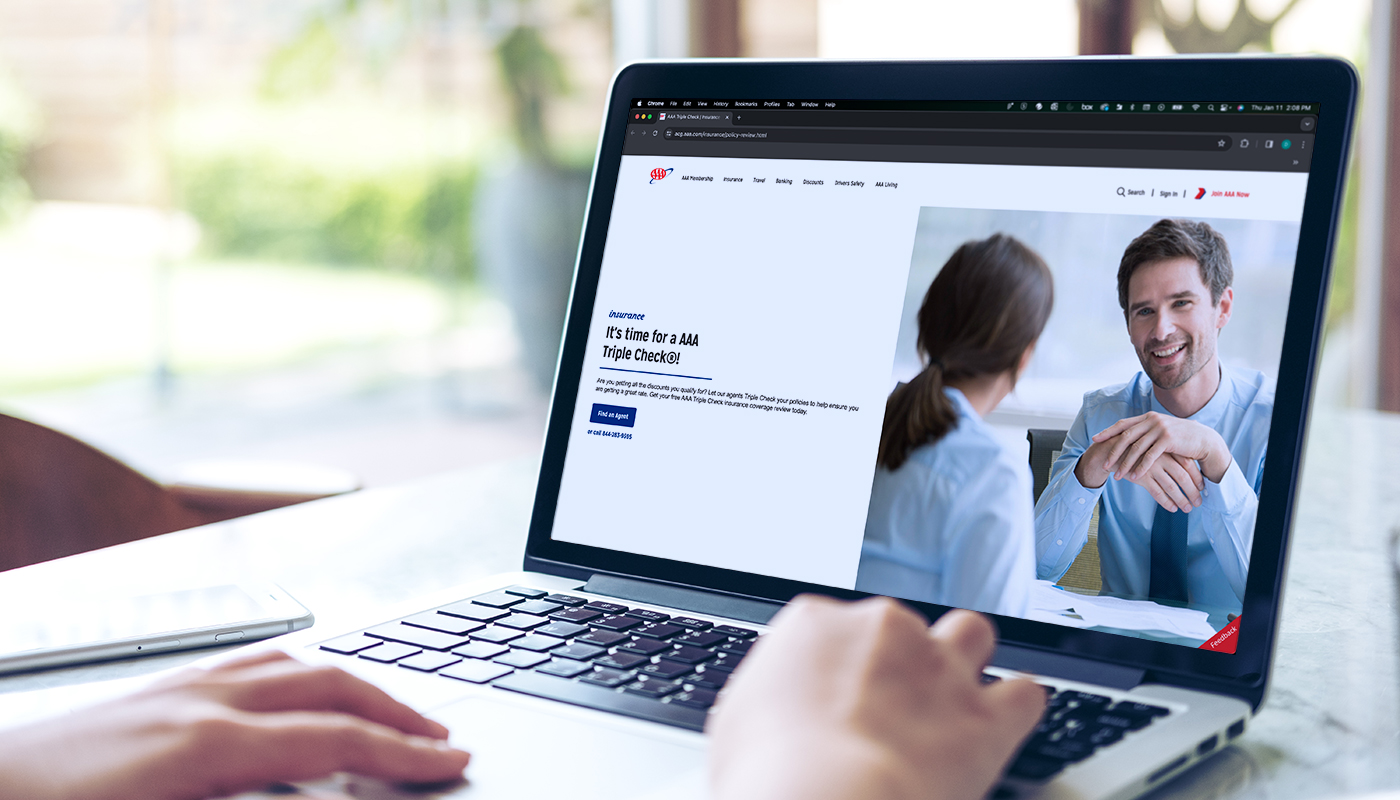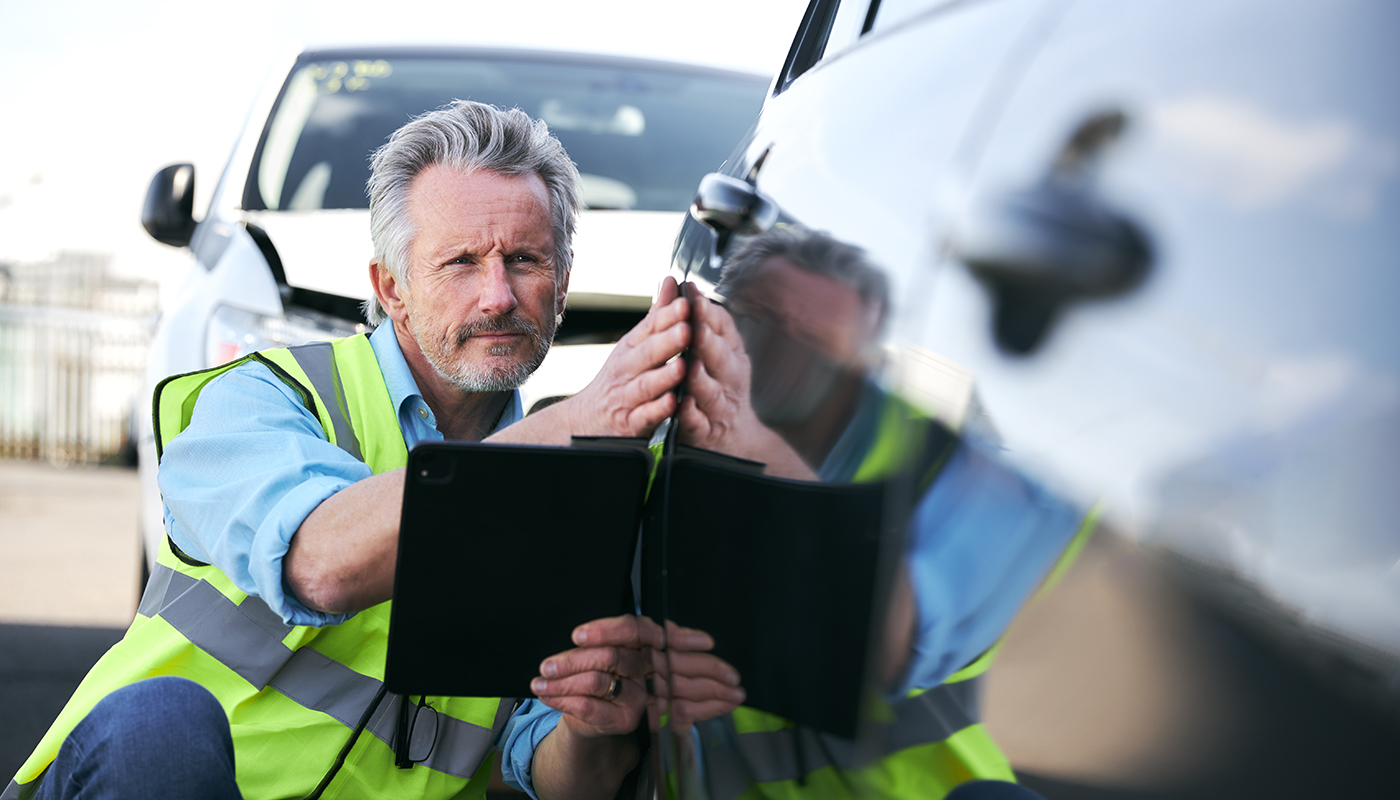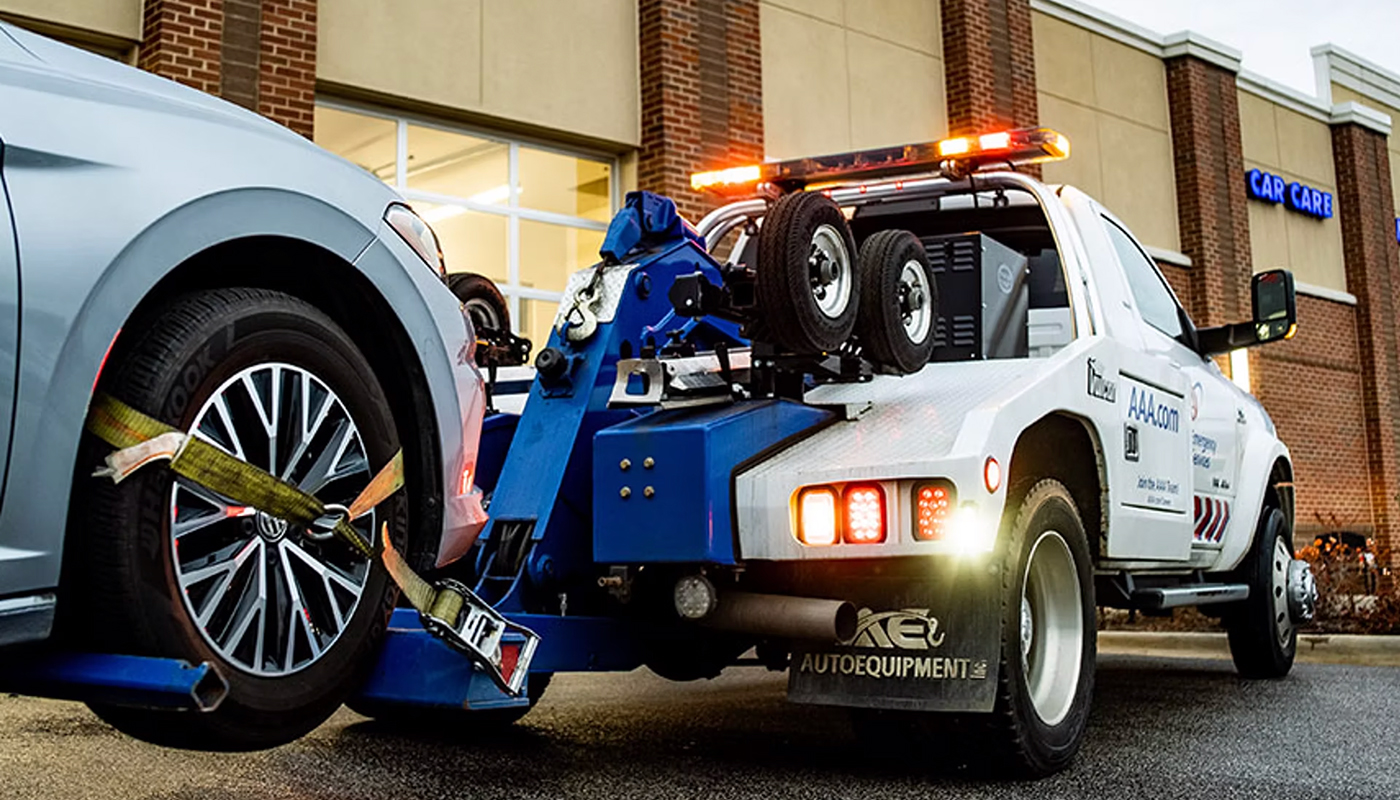Auto Insurance Coverage
Auto insurance is a financial safeguard for vehicle owners, providing coverage against losses resulting from crashes, theft or other unforeseen events.
 iStock
iStock
Mandatory in many places, auto insurance includes liability insurance coverage, collision coverage and comprehensive coverage, which shield policyholders from financial burdens associated with repairs, medical bills and legal liabilities arising from car crashes.
What is usually covered with car insurance?
Basic car insurance typically includes liability coverage, which addresses bodily injury and property damage for which the policyholder is at fault in a crash. Collision coverage, which covers damage to the insured vehicle resulting from collisions with other vehicles or objects, is commonly part of basic policies. Basic car insurance often lacks features such as personal injury protection or coverage for uninsured motorists or underinsured motorists, but these can be added as coverage options.
 iStock
iStock
With AAA Triple Check® (available in select states) we conduct a free review of your current auto insurance policy—from any insurance company—to help you understand your insurance coverage and the potential savings you can get with AAA Car Insurance.
What is not usually covered with car insurance?
It’s crucial that a policyholder carefully review their auto insurance policy to understand its limitations and exclusions. Car insurance typically does not cover certain situations or events. Common exclusions include:
- Intentional Acts: Damage resulting from intentional actions, such as deliberate crashes or acts of vandalism, is usually not covered.
- Wear and Tear: Regular wear and tear, mechanical failures, and maintenance issues are not covered. Insurance is designed for sudden and accidental events.
- Unapproved Use: If the vehicle is being used for purposes not covered by the policy, such as commercial activities or racing, damage may not be covered.
- Driving Under the Influence: Crashes that occur while the driver is under the influence of drugs or alcohol may not be covered.
- Driving Without Permission: Coverage may be denied if the vehicle is driven by someone not listed on the policy or without permission—family member or not.
- Business Use: Personal auto insurance may not cover vehicles used for business purposes. Commercial insurance is usually required for business-related vehicle use.
- War or Nuclear Incidents: Damage resulting from war, nuclear explosions or related events is typically excluded from coverage.
Install the AAA Mobile app to discover members-only perks.
Download Now iStock
iStock
Common types of car insurance coverage
Several common types of car insurance coverage are available to protect different aspects of owning and operating a vehicle. Here are some common types:
- Bodily Injury Liability Coverage: Protects you if you are responsible for causing bodily injury or death to another person in an auto crash. This coverage helps pay for the medical expenses, rehabilitation costs and, in some cases, legal fees associated with injuries or fatalities caused by the insured driver.
- Property Damage Liability Coverage: Provides protection if you, as the insured driver, are responsible for damaging someone else’s property in an auto crash. “Property” in this context usually refers to vehicles, but it can also include other property types, such as buildings, fences or road signs.
- Uninsured/Underinsured Motorist Coverage: Protects you and, in some cases, your passengers if you are involved in a crash with a driver who either has no insurance (uninsured) or has insurance coverage that is insufficient to cover the costs of the damage (underinsured). This coverage helps bridge the gap when the at-fault party lacks adequate insurance to compensate you for your medical bills, property damage or other losses resulting from the crash.
- Comprehensive Coverage: Protects against damage to your vehicle that is not caused by a collision. While collision coverage protects against damage from a collision with another car or object, comprehensive coverage is designed to cover a broader range of non-collision events. These events may include theft, vandalism, natural disasters, fire, falling objects, animal collisions and glass damage.
- Collision Coverage: Covers damage to your vehicle resulting from a collision with another object, such as another vehicle, a tree, a pole or a building. Unlike liability coverage, which covers damage you cause to other people’s property, collision coverage specifically addresses the costs associated with repairing or replacing your vehicle in the event of a collision.
 iStock
iStock
- Personal Injury Protection (PIP) or Medical Payments Coverage: PIP covers medical expenses, lost wages and other damage for the policyholder and passengers. Medical Payments Coverage is similar, but it may have more limited coverage.
- GAP (Guaranteed Asset Protection) Insurance: Protects you financially if your vehicle is declared a total loss due to theft or a crash and the amount you owe on your auto loan or lease exceeds the car’s actual cash value (ACV) at the time of the loss.
- Rental Reimbursement Coverage: Helps pay for renting a temporary replacement vehicle (such as a rental car) if your insured vehicle is in the shop for covered repairs due to a covered crash or other covered loss. This coverage is designed to provide transportation while your car is being repaired or replaced, helping you avoid the inconvenience of being without a vehicle.

- Towing and Labor Coverage: Provides reimbursement for expenses related to towing and other emergency roadside services. This coverage is designed to assist you when your vehicle breaks down or becomes disabled due to a covered event.
- Roadside Assistance: Provides services such as towing, fuel delivery, tire changes, battery jump-start, winching or extrication, and locksmith services in a roadside emergency.
Be prepared in case of a crash with AAA Accident Assist.
Learn More iStock
iStock
Get Protection for the road ahead with AAA Car Insurance.
Car insurance is crucial because it provides essential financial protection in the event of crashes, covering costs such as vehicle repairs, medical expenses and liability claims. The deductible, a predetermined amount paid by the policyholder, is a financial commitment that helps control insurance premiums and ensures responsible coverage use. By having a deductible, drivers contribute to the overall cost of a claim, promoting a balanced and cost-effective approach to auto insurance. Additionally, car insurance promotes responsible driving by emphasizing the shared responsibility for potential risks, fostering a safer environment for all road users. Get one-stop auto insurance coverage from AAA today.